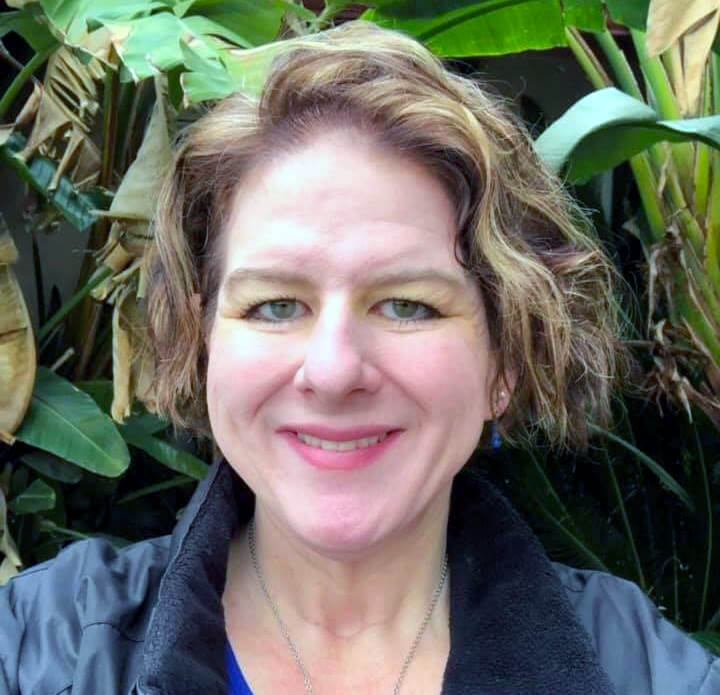
Even a normal day at Coalinga State Hospital in Coalinga, California, is a delicate balancing act.
For staff who work at the 1,500-patient maximum security hospital, which houses a number of sexually violent offenders – most of whom are not yet safe to enter the community – there’s no such thing as letting your guard down. Seventy-five percent of Coalinga’s patients have committed sexually violent crimes and 25% are patients with mental disorders.
Now, however, the coronavirus pandemic is threatening the delicate balance that Kathleen Bowsher, a rehabilitation therapist and member of Local 2620 (Council 57), relies on.
Her role – working with patients to focus on impulse control, anger management, and to develop coping skills to process their trauma and mental illness – has been rendered even more challenging.
Still, she and others at Coalinga State Hospital are trying to run programs normally, though that requires a new level of vigilance during the coronavirus pandemic. Social distancing policies have been instituted for patients and staff. Group programs are no longer offered, only programs for small groups.
Staff members are having their temperatures checked before they enter the facility, but it’s not a perfect system. Bowsher says that some staff who traveled outside the country recently and came to work before the COVID-19 measures were put in place were sent home out of an abundance of caution.
Bowsher knows that if COVID-19 were to spread throughout the facility, it would be devastating to both staff and offenders. So far, there haven’t been any confirmed cases at her hospital, but, Bowsher notes, there has also been little testing to date.
Mixed messages from Gov. Gavin Newsom, state agencies and her supervisors add to the anxiety. While Newsom has urged at-risk populations to stay home, doing so is easier said than done. Supervisors are telling workers that they would have to use all of their paid time off or produce a doctor’s note if staff members want to take off work.
“You need to have a bench, a Team B of workers,” says Bowsher. “For an institution like mine, you need to have clearance. You need to have background checks. It takes months. If we all get sick, we still have 1,500 patients who need care.”
Many of the patients at Coalinga State Hospital have preexisting conditions, making them particularly vulnerable to COVID-19. Were one of the patients to get sick, finding a suitable hospital to treat them in the small community, where the nearest hospital is 45 miles away, and find adequate personnel to transport them, would be chilling prospects.
“Given our population of sexually violent predators, when we take people out, they need to be in cuffs with a police escort,” says Bowsher. “If any of those guys need to go to the emergency room, think of the additional strain both on the forensic community and the medical community.”
For behavioral health workers like Bowsher, the next few months will be fraught.
“I don’t think we’ve ever been in a situation like this,” says Bowsher. “We’re already going to [have] a shortage of officers. If they have to be at various hospitals guarding patients, we haven’t been talking about what that’s going to look like.”
